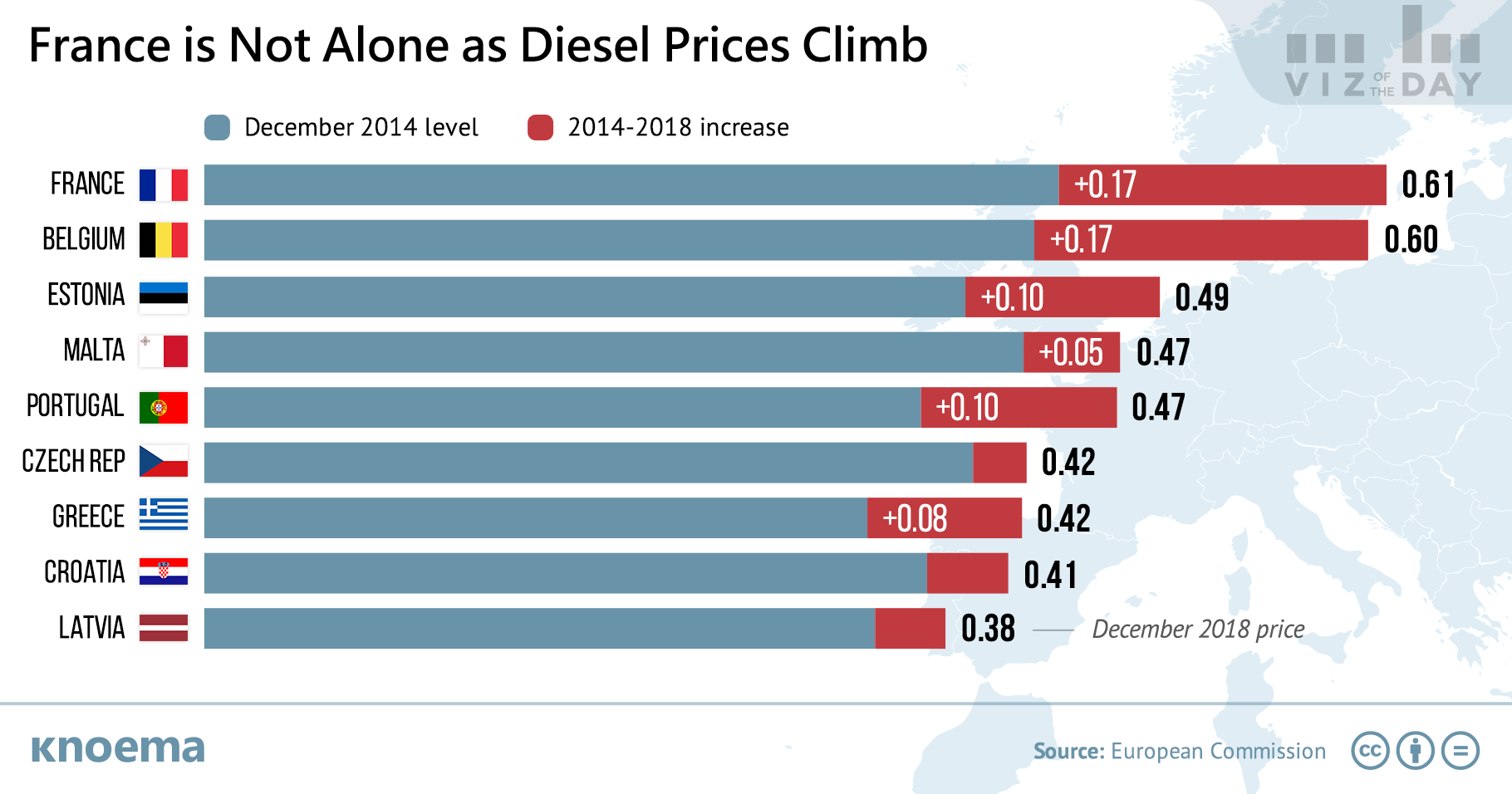हमारी गोपनीयता कथन और कुकी नीति
"हमारी वेबसाइट आपके ऑनलाइन अनुभव को बेहतर बनाने के लिए कुकीज़ का उपयोग करती है। जब आपने यह वेबसाइट लॉन्च की, तो उन्हें आपके कंप्यूटर पर रखा गया था। आप अपने इंटरनेट ब्राउज़र सेटिंग्स के माध्यम से अपनी व्यक्तिगत कुकी सेटिंग्स बदल सकते हैं।"
गोपनीयता नीति